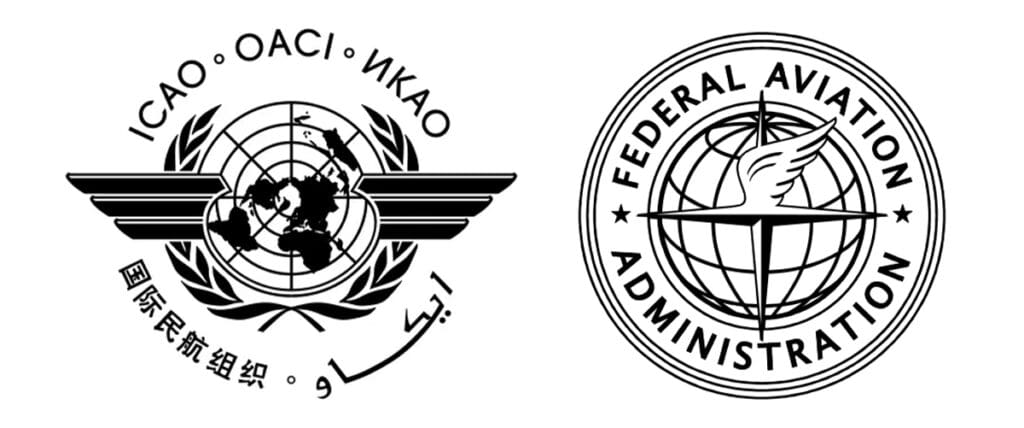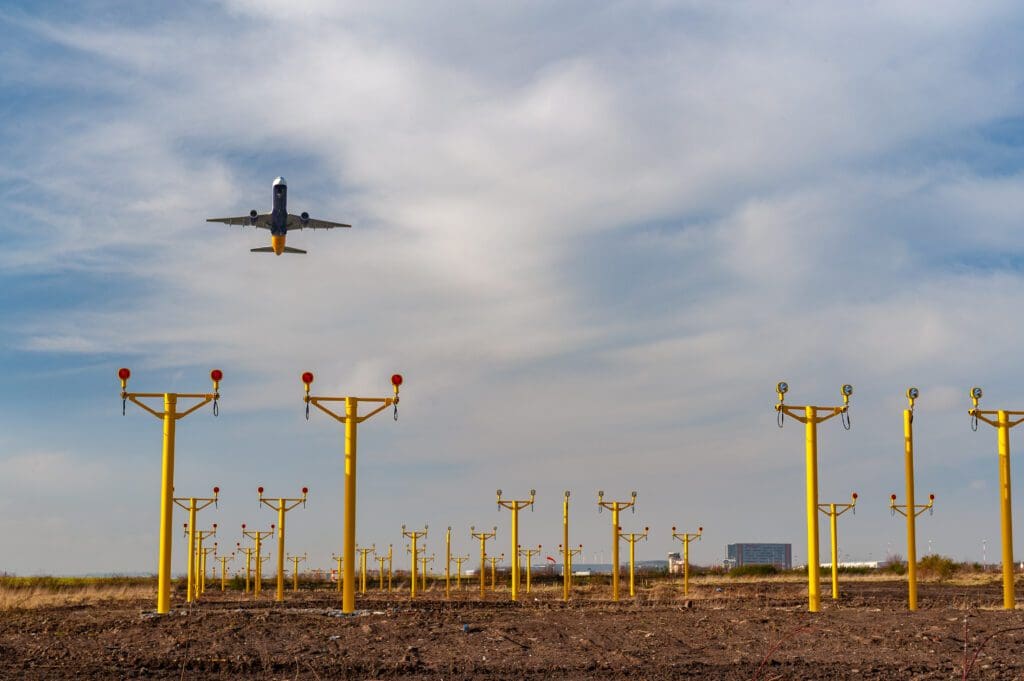Frangible structures play a crucial role in ensuring the safety and efficiency of aviation operations worldwide. These structures, including approach lighting masts, and navigational aids, are designed to break away or collapse upon impact. The aim is to minimise damage to aircraft and reduce the risk of injury to passengers and crew. Frangible structures must adhere to international safety and compliance standards.
The key international standards for frangible structures involve the guidelines established by the International Civil Aviation Organization (ICAO) and the Federal Aviation Administration (FAA). Understanding and complying with these standards is essential for airport operators, manufacturers, and other stakeholders involved in aviation infrastructure.

ICAO standards: A global benchmark
The International Civil Aviation Organization (ICAO) sets the global benchmark for aviation safety standards. This includes those related to frangible structures. ICAO Annex 14 provides detailed requirements for the design, construction, and placement of frangible structures at airports.
Key aspects of ICAO’s standards include:
Frangibility requirements
ICAO mandates that structures within the runway strip and in the vicinity of aircraft movement areas must be frangible. These structures should be able to break or yield when subjected to a certain level of force. This thereby reduces the risk of severe damage during an aircraft collision.
Material and design guidelines
ICAO emphasises the use of materials that can break away easily without creating large, dangerous debris. The design of these structures should ensure that, upon impact, they do not pose a significant hazard to aircraft.
Height and location restrictions
ICAO also sets limits on the height and positioning of frangible structures. This is to prevent them from becoming obstacles in the aircraft’s path. Structures must be placed at a safe distance from the runway and other critical areas.
FAA standards: The U.S. approach to frangibility
In the United States, the Federal Aviation Administration (FAA) provides its own set of standards for frangible structures. These are largely aligned with ICAO guidelines but tailored to the specific needs of U.S. aviation infrastructure.
Key highlights of FAA standards include:
Performance-based criteria
The FAA’s approach is performance-based. This means that frangible structures must demonstrate their ability to break away under specified impact conditions. The FAA’s approach ensures that the structures perform as intended during real-world incidents.
Testing and certification
The FAA requires rigorous testing and certification of frangible structures before they can be deployed at U.S. airports. This testing includes simulating the impact of an aircraft to verify that the structure will break away safely.
Tailored solutions for U.S. airports
While the FAA’s standards are in line with ICAO’s global guidelines, they also consider the unique characteristics of U.S. airports. This includes varying weather conditions, aircraft types, and operational practices.
The compliance of Pollite products

Compliance with ICAO and FAA standards is not just about meeting regulatory requirements. It’s about ensuring the safety of passengers, crew, and aircraft. Pollite are proud that all our masts are ICAO and FAA compliant. Indeed we aim to not only meet these safety standards and compliance, but we strive to exceed them. Contact our team to discuss your project requirements and how our frangible structures can help you fulfil these needs.